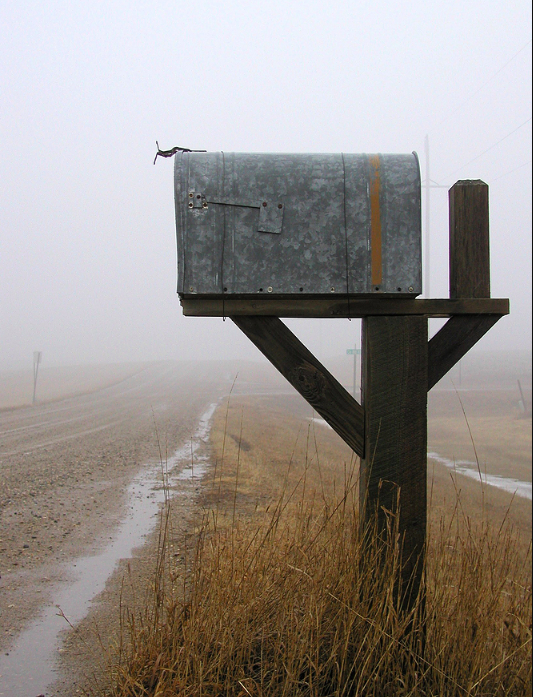We’re running a new CRUS column, Reflections on Community Rights from Rural America, by CR activist and organizer Curt Hubatch. Curt is an unschooling father of two young children and one young adult. Currently he works as a substitute rural letter carrier for the USPS. He lives in a cordwood house that he built with his wife, family, and friends in Northwestern Wisconsin.
I’m sitting across the kitchen table from my nine year old son. It’s 11 PM and past his bedtime. He, along with his mother and six year old sister, just got done watching a David Attenborough DVD about the beauty and magnificence of the coral reefs. He also just got done listening to his mom drop the bomb. She told him the corals are dying. He wanted to know why. She told him matter-of-factly that it was because of what civilized humans are
doing to the earth. I chimed in and mentioned that carbon dioxide emissions from big factories, jets, trucks, automobiles play a big, big factor in it.
Like any child his age he was concerned. He wanted to know what we could do to stop this. I was tired and wanted to go to bed. I wanted him to go to bed. And I knew that it was too important to give him any old answer so he could go to sleep. I started out by saying that a lot of smart and compassionate people are working to help change the things that are causing the corals to die. Then I turned to myself. Feebly I said “That’s why I go to *Community Rights meetings once a week. Our core group of 5 has written and introduced a Climate Bill of Rights to a local town board in our county. If passed it would protect the town from any corporate projects that pose a threat to a healthy and stable climate for future generations.”
I no sooner got the sentence out of my mouth and he asked, “Will it do anything?”
After a short pause and a deep breath I said, “I hope so. We hope it will inspire others to do the same in the places they live too.” Immediately this Vaclev Havel quote about hope came to mind.
“Hope is not a feeling of certainty that everything ends well. Hope is just a feeling that life and work have a meaning. Hope is not the conviction that something will turn out well, but the certainty that something makes sense, regardless of how it turns out.”
I wanted to look it up and read it to him. To let him know that with what I’m doing there are no immediate results. That I’m doing it because I think it’s the right thing to do. I didn’t share it, though. I think words from dead thinkers don’t matter much to a nine year old, especially just before bedtime.
As his father I wanted to but couldn’t promise him that things will turn out well concerning the corals and anything else affected by global climate disruption—which is pretty much anyone and everything — even our current president and those blinded by a strong sense of denial. I could, and did, promise myself that I will never forget my son’s face and the just-before-bedtime question that he asked at the kitchen table that evening after Attenborough awakened his young mind to the crisis that the corals, countless other species, and humans face as we move forward into the world to come.
The reason to get involved with Community Rights may raise innocent eyes to you for answers and sit across from you at the kitchen table.
*Community Rights is about citizens forming democratic majorities and exercising their inalienable Right to Local, Community Self-Government to expand on protections provided for them by their state and federal constitutions. To say it another way, it is having the right to enact and enforce laws that protect our health, safety, and welfare in the places we live.

